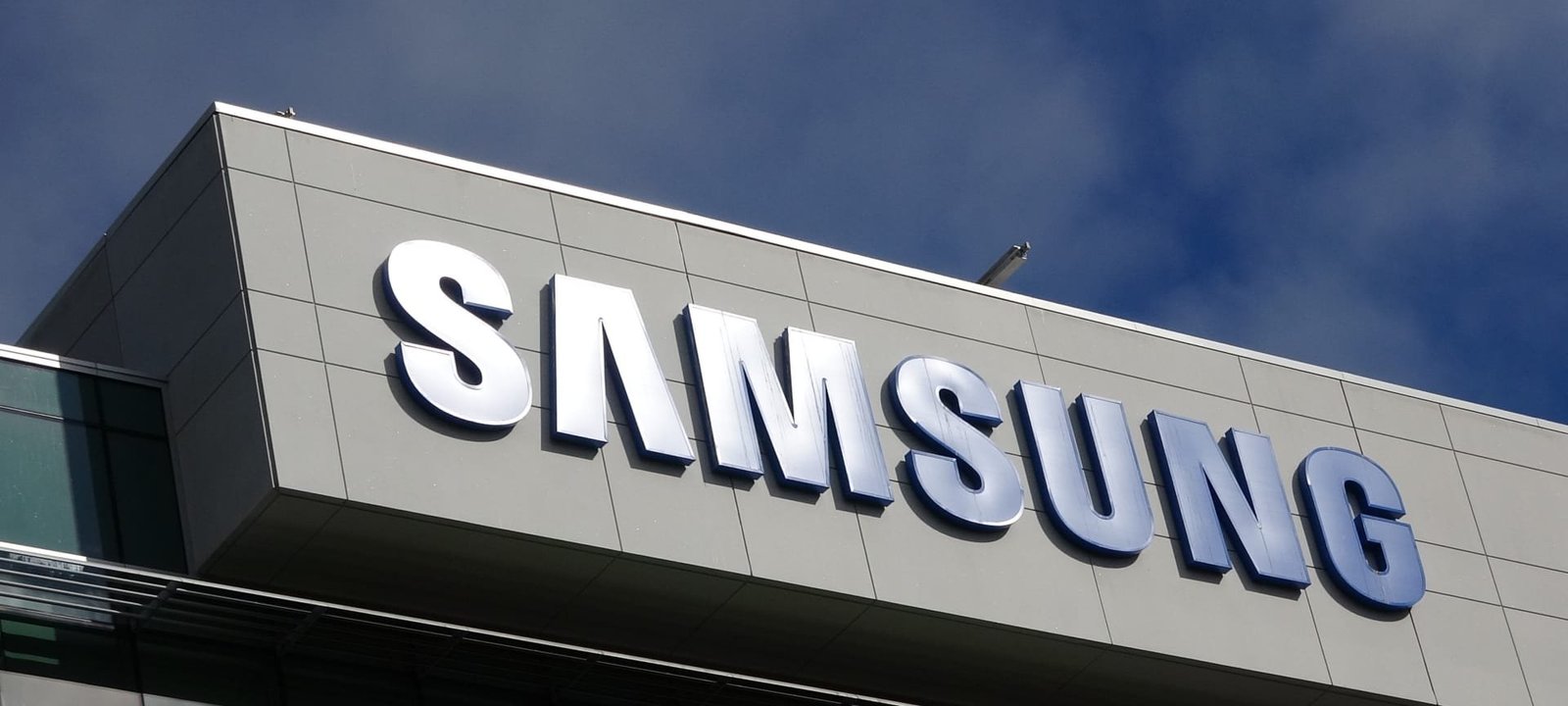OpenAI seeks secure supply of next-generation memory
OpenAI stated on Wednesday that the partnership “focuses on increasing the supply of advanced memory chips essential for next-generation AI and expanding data center capacity in Korea.” The San Francisco-based developer of ChatGPT aims to scale production of high-bandwidth memory (HBM) and other state-of-the-art components required to train and run large language models. Samsung and SK Hynix are currently the only manufacturers capable of delivering HBM at the volumes and performance levels OpenAI is targeting.
The Stargate initiative also contemplates the construction of additional data-center facilities in South Korea to host future AI computing clusters. Neither party disclosed financial terms, construction timelines, or capacity targets. However, semiconductor analysts quoted by Reuters said the announcement signals sizable long-term orders that could tighten global supply and support premium pricing for leading-edge memory products.
Why memory chips matter for AI training
Large AI models rely on vast quantities of high-performance memory to store parameters and process data in real time. High-bandwidth memory stacks deliver faster data transfer rates and lower power consumption than conventional DRAM, making them critical for graphics processing units and custom AI accelerators. As model sizes grow, HBM demand is expected to outpace conventional memory demand, positioning Samsung and SK Hynix to benefit disproportionately.
Both firms have accelerated capital expenditure on advanced packaging and cutting-edge lithography to boost HBM output. Industry estimates suggest Samsung controls just over 45 percent of the DRAM market, with SK Hynix at roughly 30 percent. The companies are also expanding contract manufacturing services to capture outsourced chip production linked to AI workloads.
Strategic implications for South Korea
The Stargate collaboration places South Korea at the center of OpenAI’s hardware supply chain and could reinforce the country’s role in the global semiconductor ecosystem. The project aligns with Seoul’s ambition to maintain leadership in memory technology while diversifying into logic and foundry services. Government officials have previously outlined incentives for data-center development and advanced manufacturing, signaling potential policy support for the new facilities.
Analysts also noted that closer ties with OpenAI may encourage further cooperation between U.S. cloud providers and Korean chip suppliers, mitigating supply-chain risks amid geopolitical tensions. For OpenAI, securing a reliable source of HBM reduces dependence on any single supplier and provides leverage when negotiating with other component vendors.
Next steps
OpenAI indicated that additional details about Stargate will be released in the coming months. Investors will watch for capital-spending updates from Samsung and SK Hynix, as well as regulatory filings related to new data-center construction.
The agreement underscores how the rapid adoption of generative AI is reshaping semiconductor demand patterns, pushing memory makers to prioritize high-value products and new partnerships. Whether the share-price momentum holds will depend on execution timelines, production yields, and broader market conditions.
For continuing coverage of market movements and technology partnerships, visit our Finance News Update section.
Image credit: Archive Photos via Getty Images



